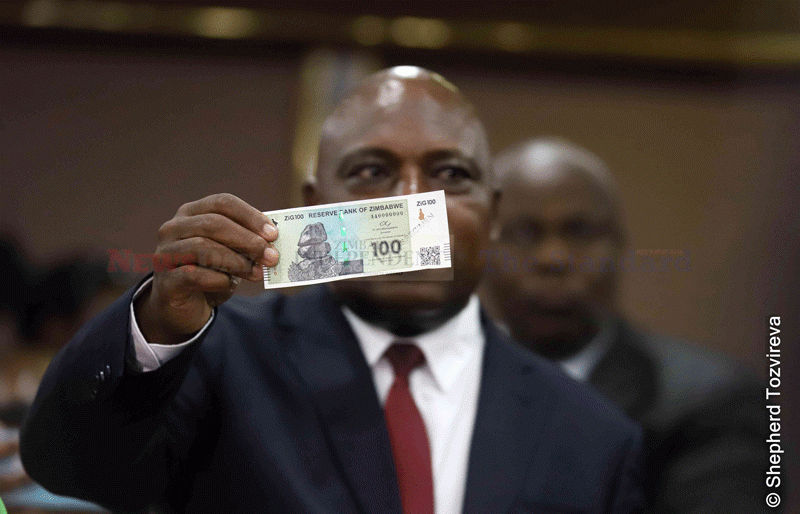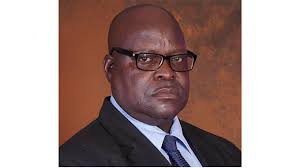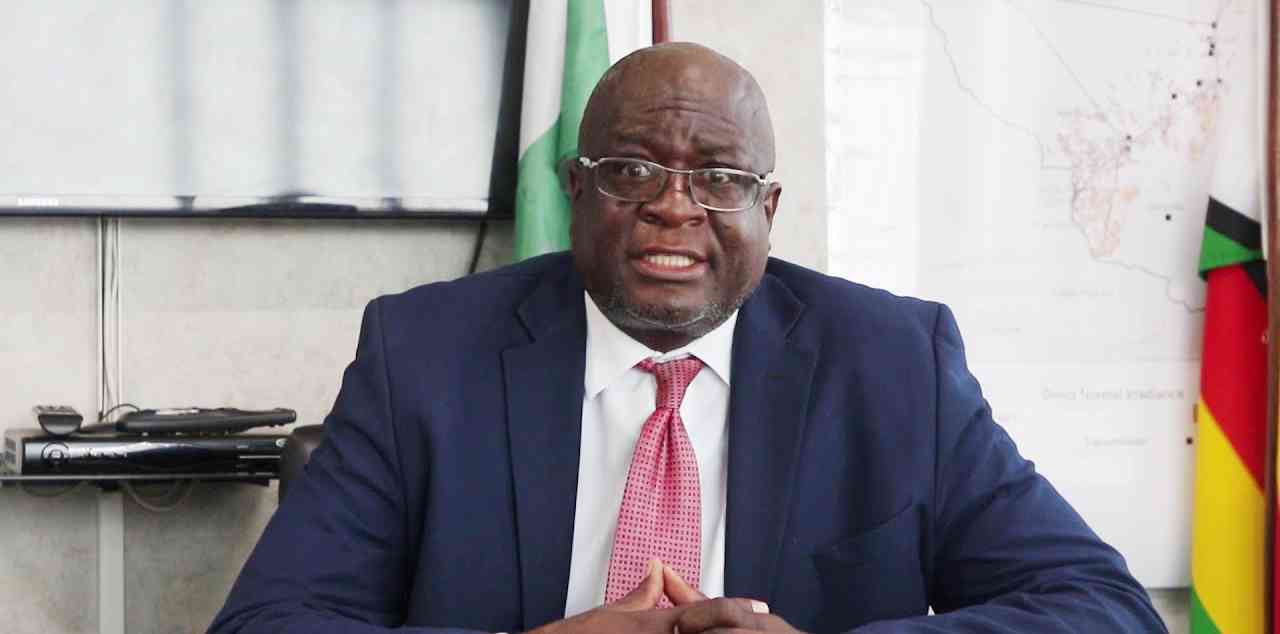
RERSERVE Bank of Zimbabwe (RBZ) governor John Mangudya last week delivered his monetary policy statement (MPS), which among other measures increased withdrawal and transaction limits in banks and mobile money platforms.
The policy also limited the US$50 weekly allocation accessed through bureaux de change to vulnerable groups, such as pensioners and people living with disabilities.
Our chief reporter Taurai Mangudhla (TM) interviewed chartered accountant and Polad member Trust Chikohora (TC) around the salient features of the MPS and its implications to the economy.
Here is how their discussion turned out…
TM: The RBZ policy rate and the medium term accommodation (MBA) facility interest rate were maintained at the 60% and 40% respectively to curb speculative borrowing.
What is your opinion on this move? TC: The monetary policy statement has some implications for business.
The first one is to do with accommodation rates which they have left unchanged from the last quarter of 2021.
The statutory reserve ratios have also been kept constant, this time around after being raised in the last quarter of 2021.
- Chamisa under fire over US$120K donation
- Mavhunga puts DeMbare into Chibuku quarterfinals
- Pension funds bet on Cabora Bassa oilfields
- Councils defy govt fire tender directive
Keep Reading
Those increases in the last quarter of 2021 had led to a spike in interest rates even for existing loans.
It is welcome that they did not increase it further because it would have worsened the situation.
Servicing of existing loans would have become even more difficult particularly at a time when we are trying to recover from Covid-19.
The RBZ is trying to contain money supply in order to curtail speculative behaviour particularly on the parallel market.
However at the same time there also needs to be adequate capital for business to recapitalise, have working capital, for business to be re-energised as we come out of the ravages of Covid-19 and get back to where we were and even move further to achieve growth.
TM: It seems there is a challenge in terms of tightening money TC: It’s a balancing act which they should continue to do between containing money supply and at the same time ensuring that there is funding available for business to be able to retool, to capitalise and to be able to move forward, now, as we come out of Covid-19 lockdowns and constraints.
TM: We still have foreign currency shortages and it appears the central bank is losing the battle. What’s your take? TC: They said they would have more of it in terms of aspects such as money obtained from the auction system and to try and make sure those payments on the auction system are done on time and that people are allocated money that is already there at the auction.
Those are important issues and what is important is to see whether they will live up to it.
The problem has been implementation.
It is important that we get to a situation where the auction system is working efficiently, where people allocated monies are getting their share on time and where if you are a bonafide business or individual genuinely seeking to get services and goods, you are served.
It is important to know that if you go to the auction you will be able to get the foreign currency on time.
If this happens, then there will be no need for business to resort to the parallel market in order to trade or for them to do business or to do genuine personal expenditure so you need to restore confidence in the auction system and you also need to curtail speculative behaviour and rent seeking.
That means they will have to follow up on those who would have obtained funding from the auction system to make sure that it is used for the right purposes.
TM: What is your reaction to the decision to increase transaction and withdrawal limits?
TC: There have been some improvements on the amounts that can be transacted be it person to business, business to business and business to individual and so forth on mobile money and cash withdrawals.
It’s a slight improvement, but again it won’t be felt too much because of the loss in value of the Zimbabwean dollar when you consider parallel market rates.
TM: If you were the decision maker, how would you tackle the issue of withdrawal limits?
TC: I would propose that, especially given that there are people living in outlying areas that need to transact in cash and that there are those who have no access to electronic platforms and find it difficult with these low level limits, people be allowed to withdraw their monthly limits at one go.
People should be allowed to withdraw their monthly limits even once off, it can be $20 000 or even $25 000 so they can take it once off when they come to town, it amounts to the same thing, but it makes things better and even more if the limits improve.
TM: What of the revision on the weekly US$50 allocation to individuals at interbank rate. which is now limited to vulnerable like people living with disability and pensioners?
TC: The other issue is to do with the allocation for individuals per week, which they can get at auction rates at banks and bureaux de change which is now being reversed, so to say, to be limited to vulnerable people like the disabled and pensioners.
It will be interesting to see how that will be implemented.
How will you make sure that it’s only the vulnerable groups that are actually accessing these funds?
Will there 4still not be room for corruption?
These are things that really need to be looked at, but for me I think you should allow people to use their monthly limit.
If you say it’s US$50 per week then your monthly limit becomes US$200 or US$250 per month.
Allow people to do that once off and you limit the queues and also I strongly believe this can be a solution to civil servants’ salary demands as well.
I strongly propose that you allow them to get the US$200 as part of their salaries, that would be their allocation from the auction and you do it as SSB level, you cut of any corruption and any queues that may come up because the person will just get their US$200 as part of their salary.
We also resolve the problem where civil servants are saying we want to be paid in US dollars, if you give them the US$200 at auction rate then you have partly solved it.
They are now getting US$200 as part of their salaries, using that same existing policy of US$50 per week per individual on the auction.
I think that would be quite a big bang which will solve the issue of this allocation to the public in a big way because there are many civil servants in the country and which will solve this perennial issue of civil servants crying out to get their salaries in foreign currencies.










